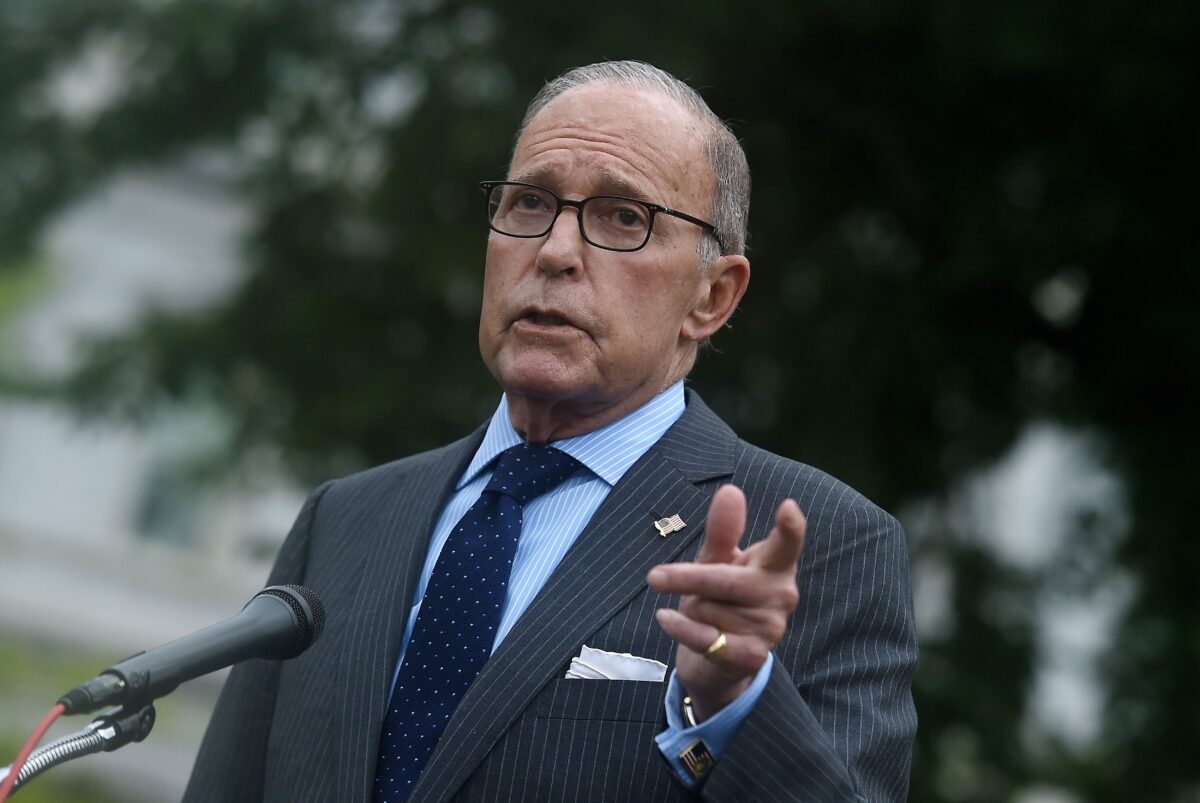
Trump Administration Welcomes US Companies Back From China With Open Arms
WASHINGTON—White House chief economic adviser Larry Kudlow said on Sept. 11 the Trump administration..
WASHINGTON—White House chief economic adviser Larry Kudlow said on Sept. 11 the Trump administration could create financial and credit incentives to help re-shore U.S. manufacturing and jobs.
“Its like the prodigal son in the Bible, you know, we want the prodigal son to return home,” Kudlow said at the virtual annual conference of the U.S. Export-Import Bank (Exim).
“And we will have open arms for the prodigal son and bestow upon him or her whatever riches and rewards we can.”
Supply chain disruptions caused by the pandemic have accelerated the need to bring production of critical materials to the United States.
Besides tax and regulatory incentives, Kudlow said, the administration “can create financial and credit incentives,” which have become “a very important part of our overall macro policy view.”
He also stressed the importance of Exim, calling it a key factor in the United States ability to compete with China.
The U.S. export credit agency faced a critical survival battle last year as some Republican lawmakers called for liquidation of the agency. Critics argued that the bank is used as a tool by the United States to subsidize exports and to help mainly politically-connected giant corporations.
The credit agency, however, has gained allies in Congress and the Trump administration, amid concerns that U.S. manufacturers are losing business overseas to China. In May last year, the Senate revived the agency by confirming Trumps nominees to serve on the banks board.
In December, Congress also reauthorized Exim for seven years, the longest extension in the agencys 86-year history.
“Ive never been a huge fan of government subsidies,” Kudlow said.
But in this case, “I think national security and economic security and technological security has become a tough game, and China does not play by the rules,” he added.
Kudlow criticized Beijing for deploying an array of policies such as industrial subsidies and forced technology transfer.
Chinas unfair and trade-distorting government subsiRead More – Source

